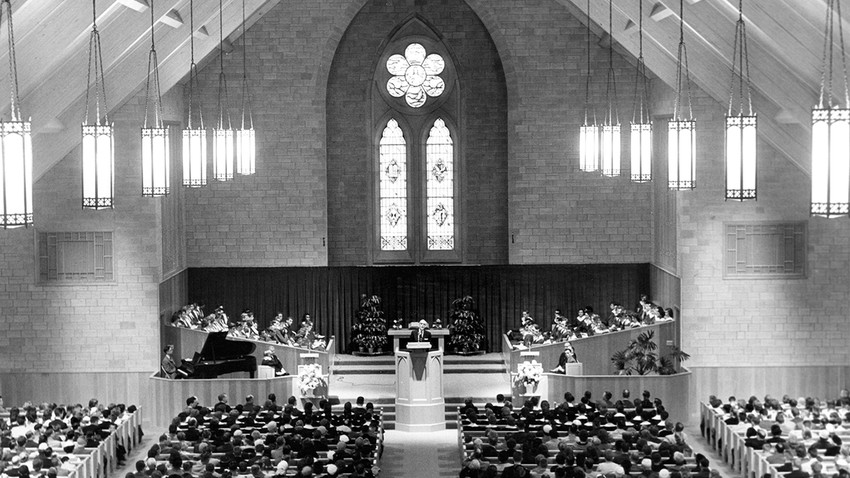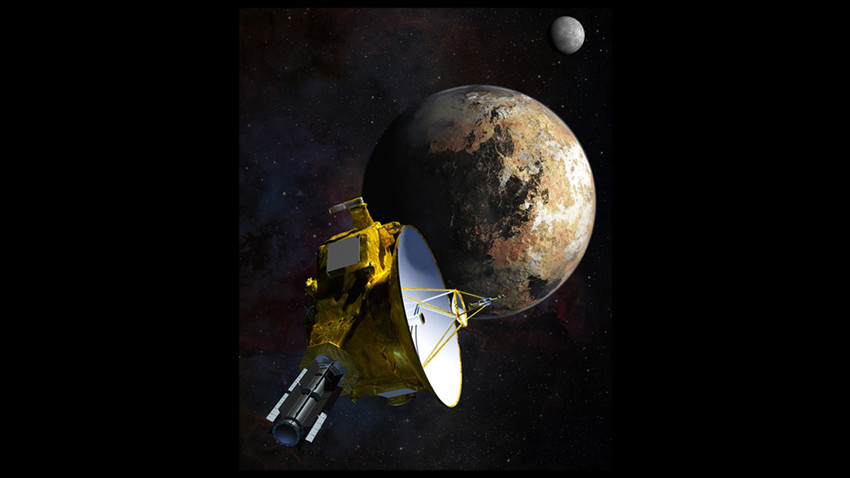Can you believe it! We are counting down at the same time for both Renovate projects––Heart and House.
(1) Renovate: House. Let's start with the most immediately obvious renovation. In a few days, we will witness scaffolding begin to surround our sanctuary, as workers prepare to replace nearly an acre of roofing. They begin earlier than we'd anticipated because our electricians now calculate needing more time to lay the electrical conduits beneath the roof for our new sanctuary light fixtures. Which also means that at some point before May graduation temporary lights will need to replace our chandelier lighting—but we'll be fine, knowing what we'll have once the project is through.
Monday, May 6, the day after university graduation, we will bid our many pews farewell. Latest plans are to ship the pews to a church in Africa that has requested them.
And Sabbath, May 11, will find us worshiping—thanks to the generous kindness of the university—in the Howard Performing Arts Center until our renovation project is completed in August. What a season awaits us! Thank you for your own generosity with our $2 million Renovate: Heart & House campaign. We're just over halfway there—praise God and thank you.
That's the word on the House, but how about the Heart?
(2) Renovate: Heart. I've been surprised (maybe it's not so surprising) that I've been hearing from people who are suggesting the next pulpit series after this one on Laodicea needs to be one on the second coming (or soon coming) of Jesus. No question that would be a valuable and heart-stirring theme for us to journey through in a worship series.
But the truth is "The Last Letter" has been very much a series on the second-coming of Christ. After all, Laodicea means "people judged," and scholars agree this letter describes the seventh and final period of church history before the return of Jesus—a people living in the great pre-advent judgment hour of human history. That's why Jesus depicts Himself in "The Last Letter" as standing "at the door"—a motif He used in the gospels to describe the nearness of His return (see Mark 13:29 et al).
But more critical than enumerating the signs of our Lord's return is the need for the signs of our Lord's reviving to be demonstrated in our daily living. Renovate: Heart. "By this will all people know you are My disciples" Jesus taught us (John 13:34-35). "Those who abide in Me and I in them will bring forth much fruit," He admonished us (John 15:5).
That's the point of "The Last Letter." And we got it, we get it. And we're embarrassed for Laodicea that considers herself to be fit as a fiddle and "in need of nothing," when it turns out she is in quite the opposite state and in need of profound spiritual renovation. Poor Laodicea—mouthing her hope in Jesus' soon return, all the while living untransformed lives that belie that hope—celebrating the overcoming Jesus achieved on the cross two thousand years ago while ignoring or even rejecting the overcoming Jesus longs to achieve in their own personal lives right now.
But all is not lost for Laodicea! The Desire of Ages promises: "The plan of redemption contemplates our complete recovery from the power of Satan. Christ always separates the contrite soul from sin. He came to destroy the works of the devil, and He has made provision that the Holy Spirit shall be imparted to every repentant soul, to keep him from sinning." But it gets even better. "Christ reaches us where we are. He took our nature and overcame, that we through taking His nature might overcome." Did you catch that? So that we might overcome—what a promise for Laodicea! "Made 'in the likeness of sinful flesh' (Romans 8:3), [Christ] lived a sinless life. Now by His divinity, He lays hold upon the throne of heaven, while by His humanity He reaches us. He bids us by faith in Him attain to the glory of the character of God" (311-312).
Wow! "The glory of the character of God" in the likes of you and me. No question—the intent of "The Last Letter" is: "to make ready a people prepared for the Lord" (Luke 1:17). Talking about renovating our hearts—that's it.
Which is why our biggest move is not exiting our church for the summer—our biggest move is to open the door of our hearts to the Lord Jesus and with grateful humility invite Him to take up residence within us right now. In fact, the Lord's Supper we share with Him today is the fulfillment of His promise, "Behold, I stand at the door and knock. If anyone hears My voice and opens the door, I will come in and sup [KJV] with him, with her, and they with me" (Revelation 3:20). Sup—the first three letters of supper. Supper—the joyful privilege Laodicea can share with the Lord of Laodicea right now. Does it get any better than that?









